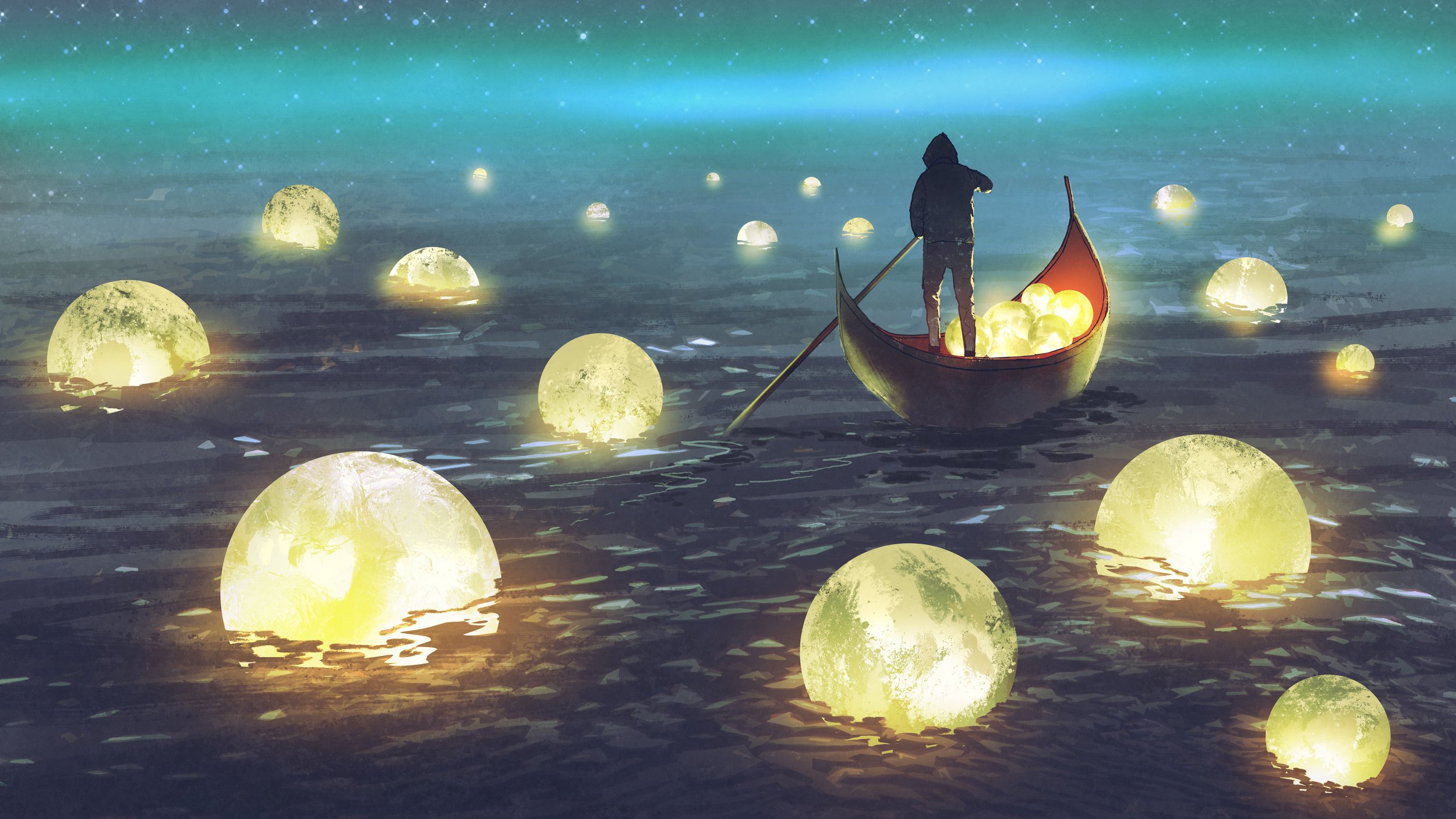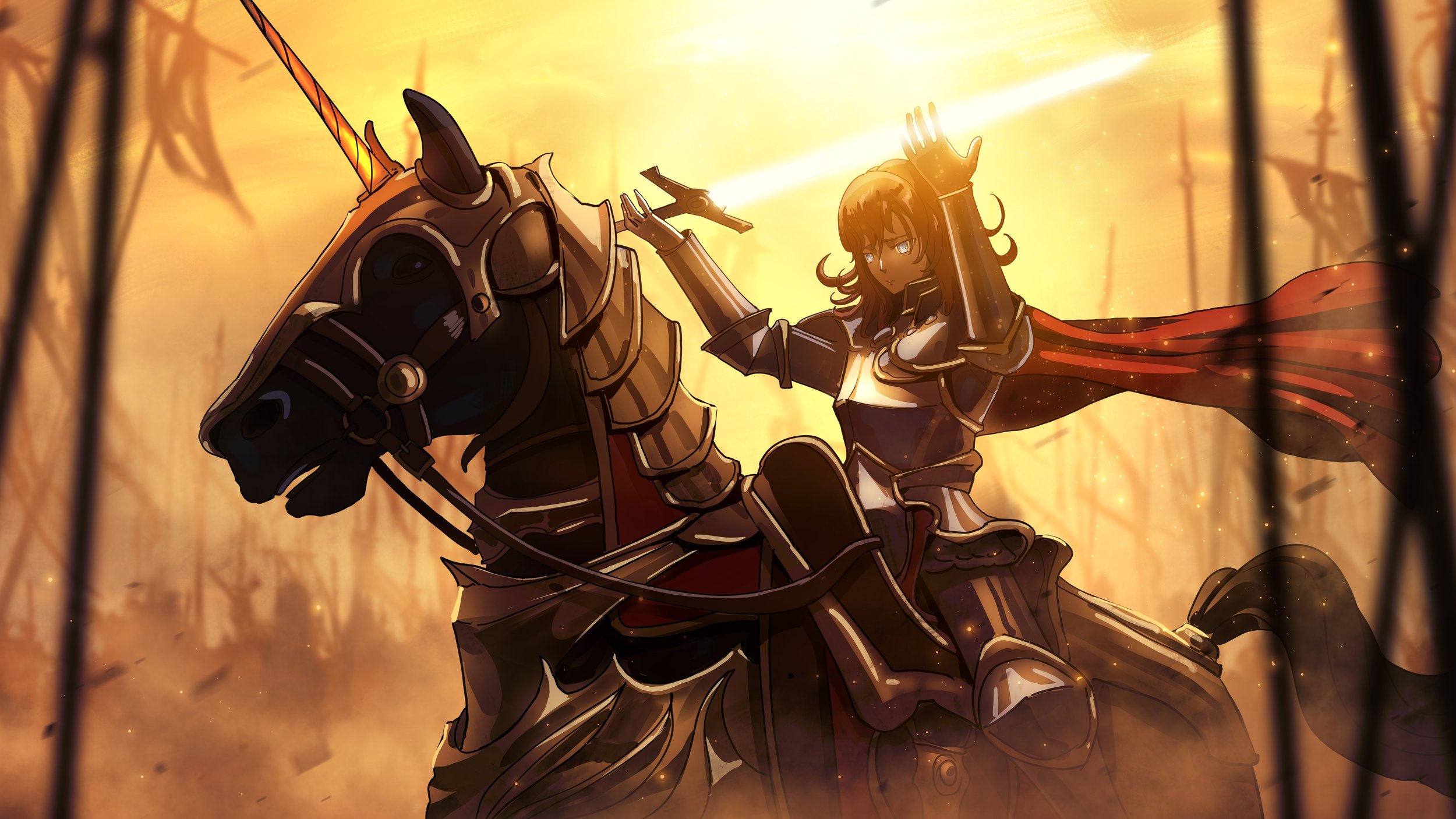How Video Games Teach Us About Happiness
Playing video games makes us happy, but can they teach us more about what is happiness and how to find it in other parts of our lives?
Video games are amazing! They allow us to immerse ourselves in worlds of imagination, participate in non-stop action and exciting stories, and let us play characters with extraordinary abilities.
Doing something that we enjoy makes us happy. But can video games teach us more about what happiness is and how we find it in the rest of our lives?
What is Happiness?
What does it mean to be happy? Most of us can identify when feeling sad that low energy, hopelessness, or empty feeling. But what about being happy?
Happiness can encompass feeling joy, love, euphoria, and so much more. According to Merriam-Webster’s dictionary, happiness is: “A state of well-being and contentment; a pleasurable or satisfying experience; joy.”
You might describe the feeling of happiness as high energy, optimism, excitement, hopefulness, and heightened alertness. But happiness is not a constant state of euphoria. It can be a calm feeling of contentment or satisfaction with our state of being. And it may not even be based on our current situation. We can feel happy from our optimism about the future or having a sense of gratitude for the blessings that we received in the past.
Happiness is surprisingly difficult to define. There is even dedication in science called positive psychology that’s purpose is to explore how people define and find happiness and fulfillment in their lives.
But being happy is so much more than just doing activities that we enjoy. Happiness can come from so many aspects of our lives.
“Happiness consists more in conveniences of pleasure that occur everyday than in great pieces of good fortune that happen but seldom”.”
- Benjamin Franklin
How Does Playing Video Games Make Us Happy?
Many of us feel happy when playing our favorite video games, but what does science say about gaming and happiness?
In 2021, researchers looked at children that were undergoing chemotherapy. To find ways to help them, these patients were given video games, drawing, or storytelling with a control group that received no additional activity. Those that played video games rated their increase in happiness the highest. It was greater than the drawing or storytelling groups and almost doubled from the control. These participants identified themselves as happiest, but the gamer group also recorded the highest increase in relaxation scores.
Another study looked to review the quality of life in long-term care facilities residents. Two groups were created, one that added video games to their activity plan and the other that did not. Those that played video games were found to be happier. But also, these participants showed significant increases in self-esteem over the group that did not play video games.
In a 2018 paper by the University of California, family members who play video games benefit from the activity. Not only were they happier, but they also enjoyed an increase in family satisfaction and closeness.
And in a widely publicized study by Oxford University, scientists compare video gameplay time versus player happiness. The study confirmed what many gamers already knew, that playing video games is positively associated with being happy. But the study went on to suggest that players’ experiences during the game may be the most significant factor in how gaming makes us happy and adds to our well-being.
This study looked at players of Animal Crossing: New Horizons and Plants vs. Zombies: Battle for Neighborville, two dramatically different titles and game styles. Similar results were achieved for both games. Researchers suggested that while the length of time playing had a significant impact, it may be the player’s experience may have contributed to the increases in their general well-being. One suggestion was that both games in the study included a level of competence over time and social aspects that players utilized frequently.
Science shows what most of us already knew that playing video games makes us happy. But in all of these studies, there was something additional beyond just the enjoyment of gaming. From relaxation, self-esteem, family closeness, and socialization, it seems there is something more is going on when we get happy during gaming.
"Above all, video games are meant to just be one thing: Fun for everyone."
- Satoru Iwata
What Can We Learn About Happiness from Video Games?
Having fun while gaming is more than mashing buttons. There are so many other aspects of video games that can make us happy. How does gaming make us happy, and are they tied to these additional benefits that scientists found while studying gaming?
Here are some ways that we gain happiness from video games.
Competence
Starting a level 1, we’re total noobs. Whether we’re trying to figure out a simple puzzle or fight the easiest monster, we don’t have a lot of skills yet. But as we level up, we get better as characters and as players. This sense of competence can make us happy.
Achievement
Ever faced a challenging boss battle? Maybe you lost life after life trying to beat him. But you finally succeeded that last time loaded up with potions and a solid strategy. Maybe even giving out-loud cheer with a sense of victory. And in achieving it, there was a sense of happiness.
Teamwork
Adventuring is a dangerous business. Some dungeons and battles are too difficult to try to win alone. Working together with others, everyone plays their part. And we achieve as a team what we could not do alone. This teamwork and togetherness can bring us a sense of joy.
Accomplishment
From completing a quest line, maxing out a character, to gaining achievements, there are so many ways that we can feel accomplished in video games. And we gain true feelings of pleasure from having a sense of accomplishment and completion.
Seeking Meaning
In video games, we feel like we become our characters. As we follow them through their questline from a low-level nobody to becoming the hero of the realm, we see meaning and purpose in the lives of our characters. And through the sense of immersion and feeling like their questlines are our own, we gain the positive emotions from this sense of purpose and meaning.
Helping Others
In gaming, there are often a lot of quests that require helping a townsperson or rescuing someone from a monster or dungeon. Even though these characters may be NPCs, we still feel like helping others when we save them. We gain a sense of being helpful and feeling good about our characters’ actions.
Socialization
Whether it’s an in-game chat, Discord server, or playing together in person on consoles, socialization is an integral part of many video games. And as noted in the Oxford study, this socialization may be a significant contributor to how video games make us happy.
Stress Relief
Like the previous one on chemotherapy patients, several recent studies have connected gaming and relaxation. Several studies have linked gaming to reducing symptoms of anxiety. And while gaining a sense of calm may be far from the fist-pumping excitement of victory, both contribute to a sense of happiness.
"Games were not just a diversion, I realized. Games could make you feel."
- Sid Meier
Life Lessons from Gaming
Gaming teaches us so much more than just playing a game. And these same aspects of happiness that we can gain through gaming can be applied to the rest of our lives as well. In fact, these traits are among those who consider themselves happy people overall.
1. Set goals
Having goals to work towards can give that same sense of achievement as winning that boss battle. And happy people celebrate their successes and accomplishments in life, just like when we’re awarded in video games and level-up.
2. Practice Self-Care
Self-care is important to happy people. And they practice stress management and seek out friendships and socialization as part of a healthy lifestyle.
3. Working with Others
Whether it’s doing a raid battle or working on a big project, happy people know the importance of teamwork. They know that they can achieve much more together than if they had to struggle alone. And they understand that there is joy in helping others and feeling useful and needed.
4. Finding Purpose
Like our heroic characters in video games, happy people seek meaning and purpose in their lives. From figuring out how they can make a difference to utilizing their skills and abilities to the fullest, there is happiness in finding meaning in life.
“The thing about happiness is that you only know you had it when it’s gone. I mean, you may think to yourself that you’re happy. But you don’t believe it. You focus on the petty bull shit, or the next job, or whatever. It’s only looking back by comparison with what comes after that you understand, that’s what happiness felt like.”
– Fallout 4
How can we embrace these lessons from gaming and happiness? Try adding these steps to your own life. It may not seem as fun as fighting dragons and magic, but you may be surprised that it’s not just gaming that brings joy. By finding what makes you happy while playing video games that you can embrace throughout your life.
This article was originally published as a guest post on Journey of a Counsellor, April 7, 2022
Author:
Laurie Trueblood is a writer and life coach that enjoys fantasy, science, psychology, and everything nerdy. As the founder of Adventures to Authenticity, her mission is to help others level up and become the best versions of themselves.
Find more on becoming on personal development and video games, check out: Can Gaming Help With Anxiety? and 20 Reasons Why We Buy Video Games that We Don’t Play











